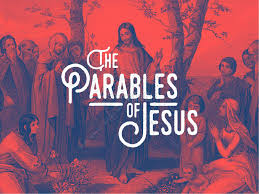
To understand how Jesus leads, we must understand what kind of leaders were rallying people to their cause in first-century Israel. He wasn’t the only one claiming to be the Messiah. Many self-proclaimed kings were carving out what they thought would create God’s kingdom on earth. So he had to boldly demonstrate what leaders in God’s economy really did.










 RSS Feed
RSS Feed
